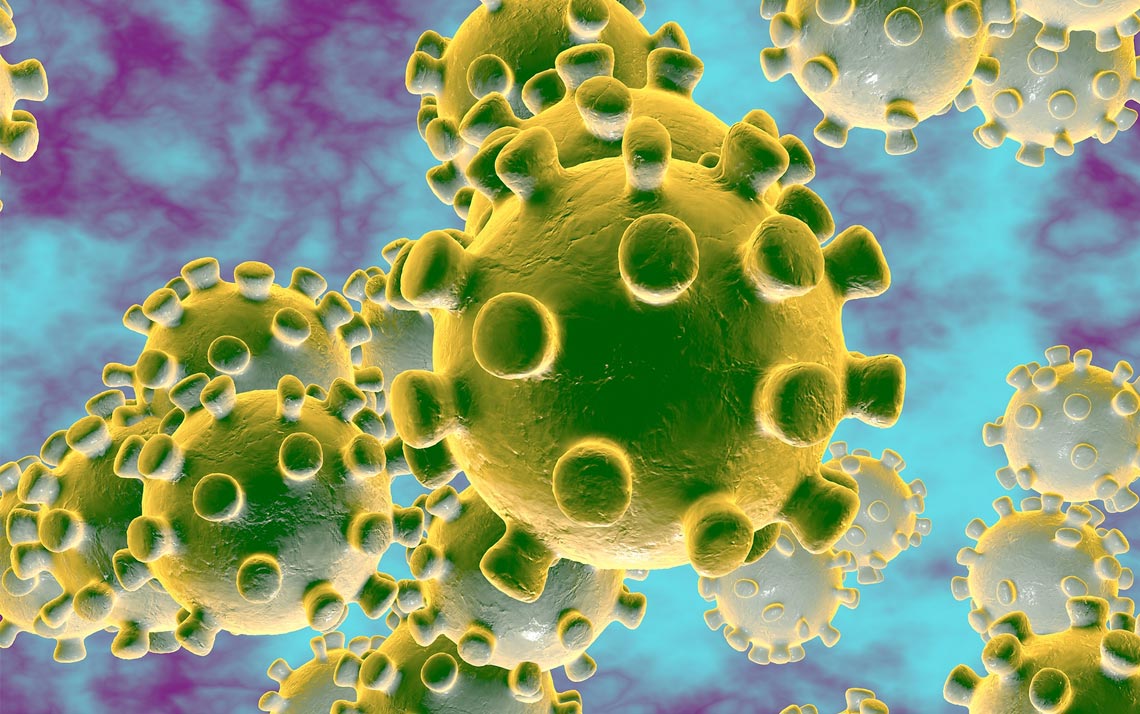President Donald Trump announced last week that two malarial drugs – chloroquine and hydroxychloroquine – have shown “very encouraging results” in treating the novel coronavirus, raising hopes. However, the evidence is not strong enough and yet the supplies of the drug have affected.
Researchers have been warning about raising false hopes. They said major clinical studies are required to prove the drugs are safe and effective at treating the coronavirus.
Former FDA Commissioner Dr. Scott Gottlieb said on CBS’s Face the Nation, “Right now, there is no drug that looks like it’s proven so overwhelming in early-stage clinical trials that we can say it’s highly promising.”
Chloroquine and hydroxychloroquine have been used to treat malaria and other diseases. They may cause side effects such as arrhythmias, low blood pressure, and muscle or nerve damage.
Hydroxychloroquine, in particular, could cause retinopathy if taken in higher doses, for a longer duration.
Microbiologist Meghan May from the University of New England College of Osteopathic Medicine in Biddeford, Maine, wrote in an email, “Chloroquine is an extremely toxic drug with a terrible side effect profile. Hydroxychloroquine is far safer, but its side effects are still significant.”
“If it is not abundantly clear that it is beneficial, giving this drug to a critically ill patient feels risky,” May added.
Although the evidence is scarce, one study, reported in the journal Nature Medicine, found that hydroxychloroquine hindered the ability of the virus to enter cells in lab tests. However, that does not mean the same would apply to humans.
In China, a study found that chloroquine helped over 100 patients at 10 hospitals, who had various degrees of illness and received various doses at different times. Those patients might have recovered but there was no comparison group to conclude the findings.
With the results showing some promise, the supply has already been affected, especially for patients who need these drugs for other medical conditions.
Four of the seven companies that make generic hydroxychloroquine have reported shortages of the supply, according to a University of Utah service. And three other generic drug manufacturers have stopped making hydroxychloroquine tablets. In addition, five companies have stopped making chloroquine.
Senior Director of the Utah service Erin Fox said that the university’s health system has discovered that some doctors are writing “prescriptions for hydroxychloroquine for themselves and family friends to have on hand or hoard just in case.”
The Ohio Board of Pharmacy has said that cannot dispense chloroquine or hydroxychloroquine to patients unless they are using them for lupus or rheumatoid arthritis (RA) or a confirmed coronavirus case. At the same time, patients are also feeling the heat, especially those who take the drugs for lupus and RA.























